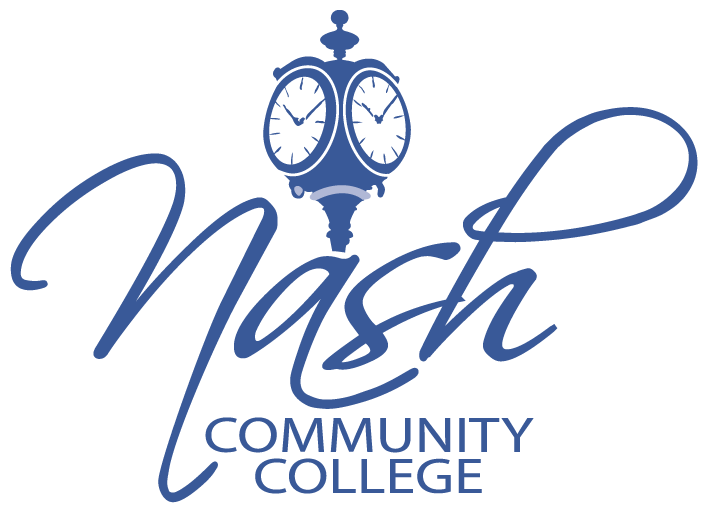Overview
The Medical Assisting curriculum prepares multi-skilled healthcare professionals qualified to perform administrative, clinical, and laboratory procedures.
What You'll Learn
Coursework includes instruction in scheduling appointments, coding and processing insurance accounts, handling billing and collections and understanding computer operations; covers assisting with examinations/treatments, performing routine laboratory procedures, understanding electrocardiography and performing supervised medication administration; and examines ethical/legal issues associated with patient care.
Career Opportunities
Graduates of CAAHEP-accredited medical assisting programs are eligible to sit for the American Association of Medical Assistants Certification Examination to become Certified Medical Assistants. Employment opportunities include physicians’ offices, health maintenance organizations, health departments, and hospitals.
Only letter grades of “C” or higher in non-medical assisting courses and grades of “B” or higher in medical assisting (MED) courses will count toward completion of the Medical Assisting degree or diploma.
Major Core Courses I (require grade of “B” or higher)
- MED 110 Orientation to Medical Assisting
- MED 130 Administrative Office Procedures I
- MED 131 Administrative Office Procedures II
- MED 140 Exam Room Procedures I
- MED 150 Laboratory Procedures I
- MED 260 MED Clinical Practicum
Major Core Courses II (require grade of “C” or higher)
- BIO 163 Basic Anatomy & Physiology
- OST 141 Med Office Terms I
- OST 142 Med Office Terms II
- OST 149 Medical Legal Issues
Other Major Courses I (require grade of “B” or higher)
- MED 240 Exam Room Procedures II
- MED 262 Clinical Perspectives
- MED 270 Symptomatology
- MED 272 Drug Therapy
Other Major Courses II (require grade of “C” or higher)
- MED 274 Diet Therapy/Nutrition or OST 247 Procedure Coding and OST 248 Diagnostic Coding
- OST 148 Medical Coding, Billing & Insurance
General Education Courses
- COM 110 Intro. to Communications
- ENG 111 Writing and Inquiry
- HUM/FA Humanities/Fine Arts Core Elective
- MAT 143 Quantitative Literacy
- PSY 150 General Psychology
Other Required Courses
- ACA 122 University Transfer Success
HUM/FA Elective (Select 1 course)
ART 111, ART 114, ART 115, DRA 111, ENG 231, ENG 232, ENG 233, ENG 241, ENG 242, ENG 261, ENG 262, HUM 110, HUM 115, HUM 120, HUM 130, HUM 150, HUM 160, HUM 180, HUM 211, HUM 212, MUS 110, MUS 112, PHI 215, PHI 220, PHI 230, PHI 240, REL 110, REL 211, REL 212
Major Core Courses
- BIO 163 Basic Anatomy & Physiology
- MED 110 Orientation to Medical Ass
- MED 130 Administrative Office Procedures I
- MED 131 Administrative Office Procedures II
- MED 140 Exam Room Procedures I
- MED 150 Laboratory Procedures I
- MED 260 MED Clinical Practicum
- OST 141 Med Office Terms I
- OST 142 Med Office Terms II
- OST 149 Medical Legal Issues
Other Major Courses
- MED 262 Clinical Perspectives
General Education Courses
Other Required Courses
- ACA 122 University Transfer Success
- Medical Assisting
The Nash Community College Medical Assisting Diploma program is accredited by the Commission on Accreditation of Allied Health Education Programs (www.caahep.org) upon the recommendation of the Medical Assisting Education Review Board.
Graduate Outcomes
| MED Graduate Outcomes | 5-Year Average (August 2019 – July 2023) | ||
|---|---|---|---|
| Program Completion | Admission Year 2023 | 60% | 60% |
| National Certification Exam Pass Rate | Graduation Year 2023 | 80% | 82.14% |
| Job Placement | Graduation Year 2023 | 100% | 94.74% |
A minimum grade of “C” is required for non-MED courses and a minimum grade of “B” is required for MED-courses identified in the Medical Assisting plan of study.
Contact


